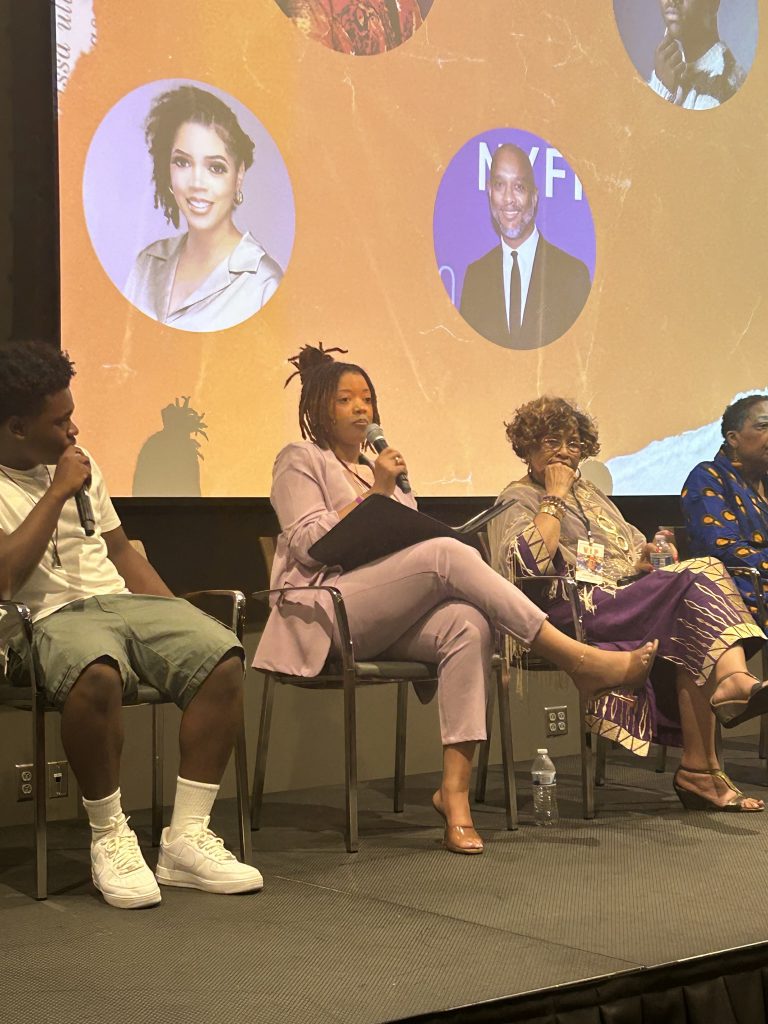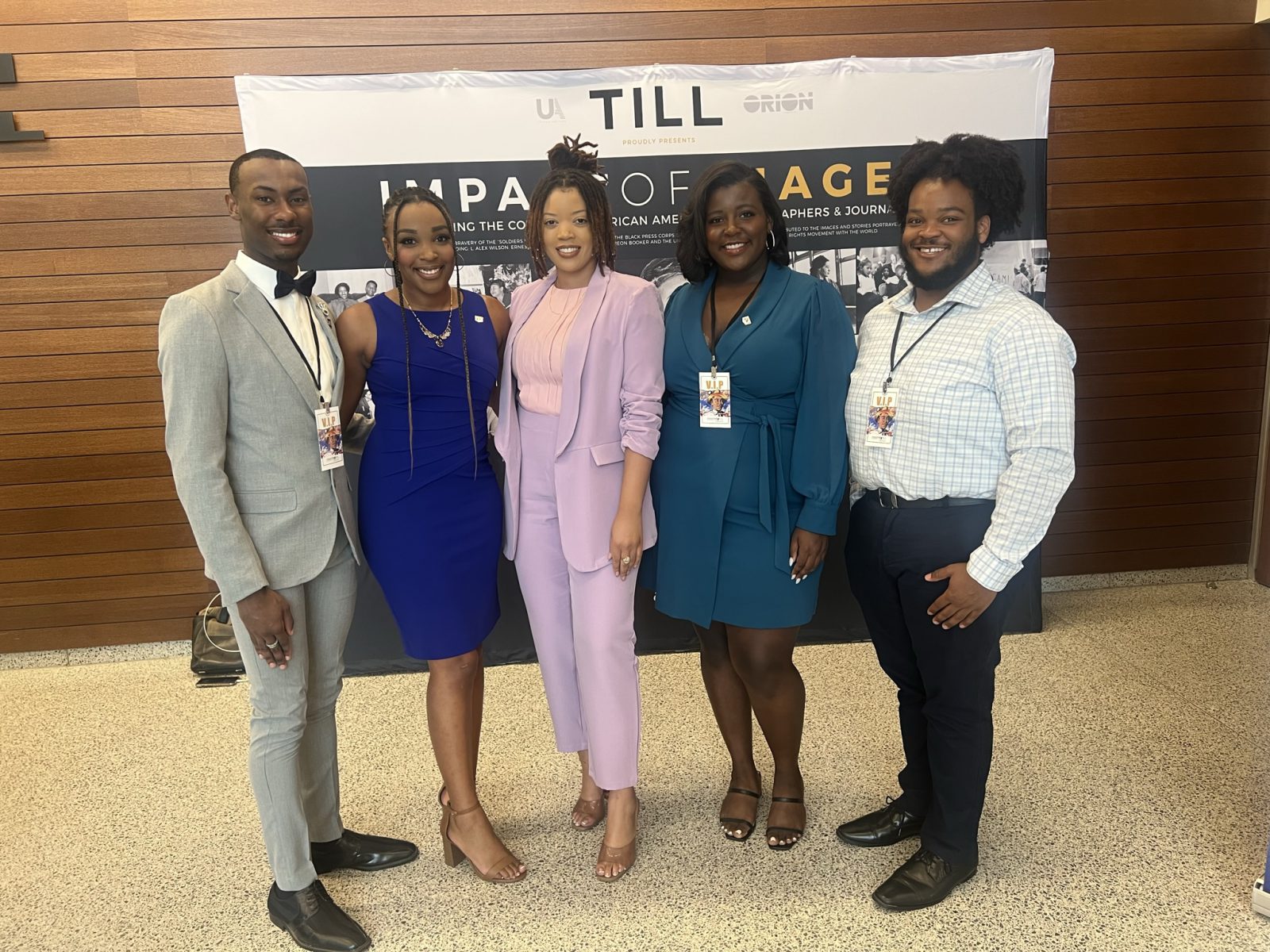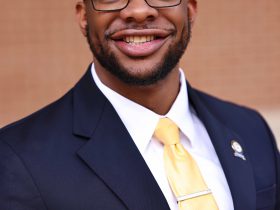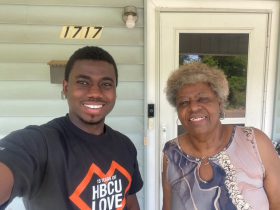By Anthony Howard
Jackson State University students, staff, and faculty were invited to join the Emmett Till Educational Tour and 69th Commemorative Weekend in August. The event featured various activities, including guided tours of significant Mississippi civil rights sites, a private screening of the movie “Till,” panel discussions, and keynote speeches by prominent political and civil rights leaders.
The annual tour and commemorative weekend bring people from all walks of life to learn about the history of the Civil Rights movement and the struggle for racial equality in America. The event celebrates the life and legacy of Emmett Till, a young African-American boy from Chicago, who was brutally murdered in Mississippi while visiting his family in the summer of 1955.

“This racist attack shocked the nation and provided a catalyst for the emerging civil rights movement,” said Ashley Norwood, MA, assistant professor of mass communication and film director who served on a panel alongside “Till” movie cast members, directors, family members and special guests including author and philosopher Cornel West, Ph.D., producer Keith Beauchamp, and actor Jalyn Hall who starred as Emmett Till.
“An annual Emmett Till Education Tour is so important because we should value any opportunity to learn more about our history – as a people, a state, and a nation – in order to truly assess where we are today,” Norwood continued.
The assistant professor said it was vital for her to participate in the panel discussion because of the importance of Black people owning their narrative in the media. “The best example was that of Ms. Mamie Till Mobley, Emmett’s mother,” Norwood explained.
The event was organized by the Emmett Till Legacy Foundation and designed to educate and enlighten visitors about the life and legacy of Emmett Till, a young African-American boy whose tragic death sparked the Civil Rights Movement.
The organizers saw this as an excellent opportunity for journalism students to gain a deeper understanding of media and communication’s role in shaping public opinion and promoting social change during the civil rights movement.

Elijah Karriem, a senior journalism and media studies major, gained a deeper perspective of the true horrors surrounding Till’s vicious lynching. He also learned more about the Till case and was surprised at how little he had known prior to the occasion.
“It was not until I participated in the 68th commemorative event for Till that I realized just how censored and diluted his tragic story had been for younger generations who were shielded from the full brutality of the 1955 crime,” said Karriem, a Columbus, Mississippi, native.
Karriem currently serves as president of the student chapter of the NAACP and vice president of the NABJ student chapter. He shared that he was inspired by the determination of Mamie Till-Mobley to seek justice for her son.
“Attending the 68th commemoration underscored a fundamental principle I hold dear as a Black journalist, the importance of ensuring fair and respectful representation of Black people in the media,” explained Karriem. “She could have given up many times throughout her life, but her perseverance serves as a powerful reminder that countless others might become victims of a world that turns a blind eye.”
Joliyah Daughtry, a JSU senior journalism and media studies major, developed a more robust appreciation of her journalism career choice. She was astonished at the media’s role in revolutionizing the civil rights movement in the South.
“The media is how this started. Newspapers with Emmett’s dead body are what got people to pay attention and see what happened to this little black boy for allegedly whistling at a white woman,” said Daughtry. “I often ask myself, did he [the photographer] know how powerful and symbolic this photo would be? While snapping those photos, did he know how he left his mark in not only Mississippi and Chicago but history as a whole?”







